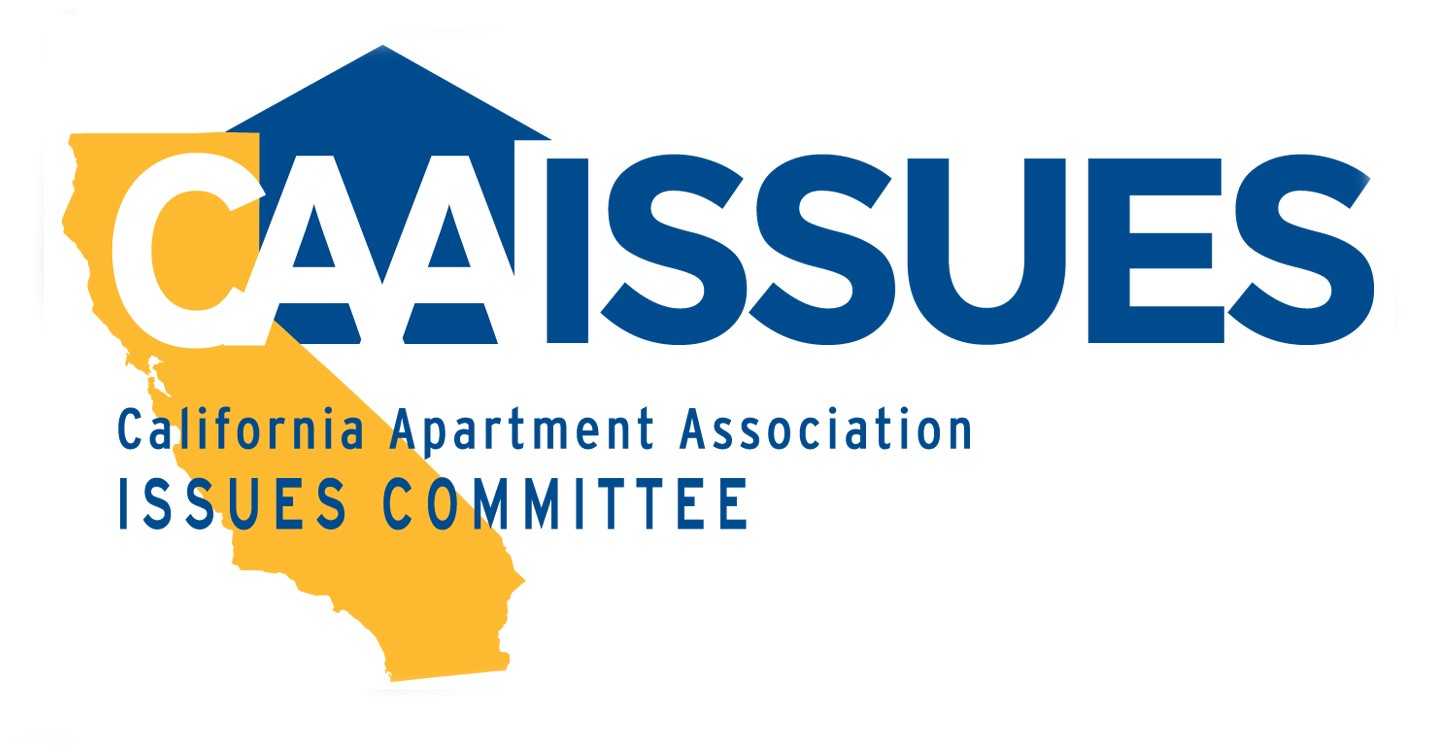Menlo Park is conducting public outreach on a proposal that would bring a form of rent control to the city.
Under a plan pitched by the Menlo Park Housing Commission, rental property owners would be forced to pay relocation payments triggered by a “significant rent increase” or a “landlord-caused termination.”
Such requirements would create a form of rent control and just-cause eviction in Menlo Park, respectively.

“Not only is this proposal a major hindrance to landlords and a dangerous step towards rent control, but it deviates entirely from the direction the City Council advised upon in January of 2017,” said Rhovy Lyn Antonio, vice president of public affairs for the California Apartment Association. “This is rent control in disguise.”
CAA encourages its members to oppose these policies in letters to the City Council.
Under the Housing Commission’s proposal, the term “significant rent increase” is defined as the Consumer Price Index (CPI) plus 5 percent. A “landlord-caused termination” is defined as “circumstances where a landlord provides an eligible tenant with a proposed significant increase and the tenant elects to not remain in the rental unit.” Such terminations also include a landlord taking action to terminate the tenancy of an eligible tenant occupying a rental unit, except when at least one of the following conditions exist:
- Failure to pay rent
- Breach of rental agreement
- Nuisance
- Owner move-in
The proposed penalty amount is up to four times the current Menlo Park market rent and applicable to households with income equal to 200 percent of the area median income (AMI) or below. The current AMI figures for San Mateo County are: $165,800 for a one-person household; $189,400 for a two-person household; and $236,800 for a four-person household.
Under the Housing Commission’s proposal, described in this staff report, a rental unit is defined as “any housing unit in the city (including, but not limited to: multifamily housing, condos, duplexes, and single-family homes).”
The Housing Commission requested city staff to conduct additional outreach to solicit community feedback before the commission’s October meeting. This is an opportunity for CAA members to voice their concerns.
This resource contains member-only content
CAA members have access to compliance forms, educational tools, and extended news resources related to this topic.

